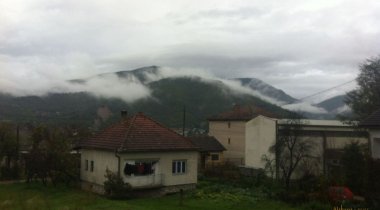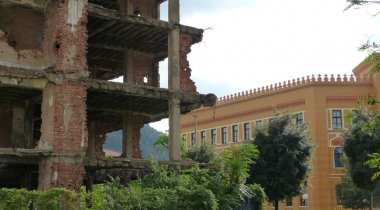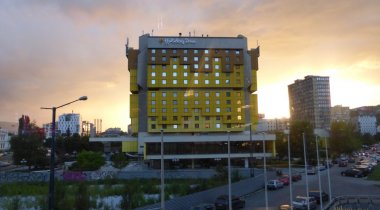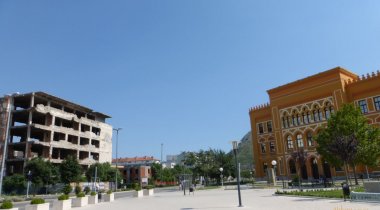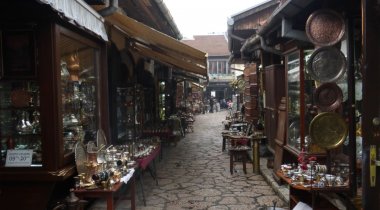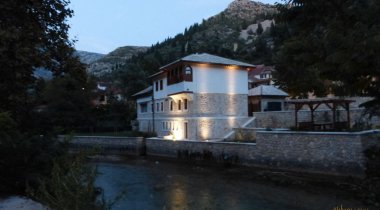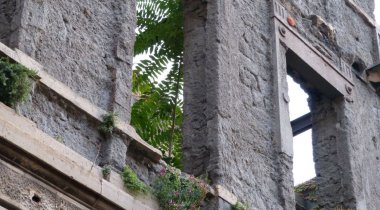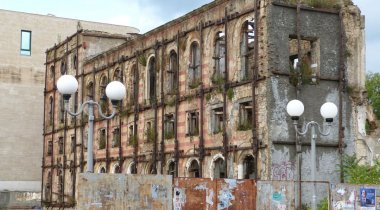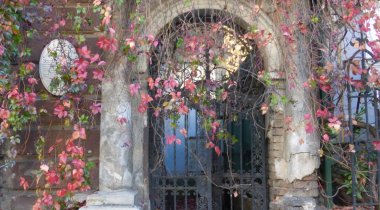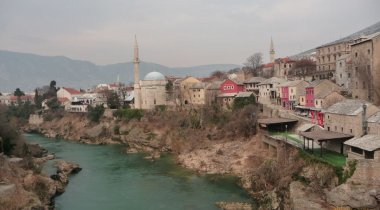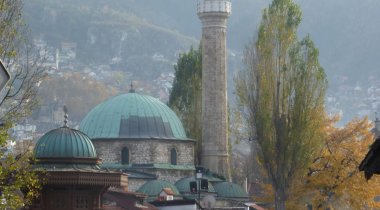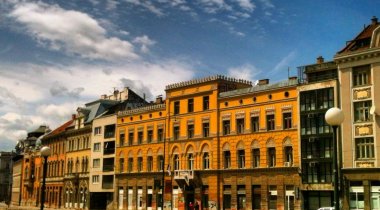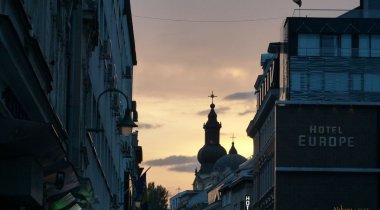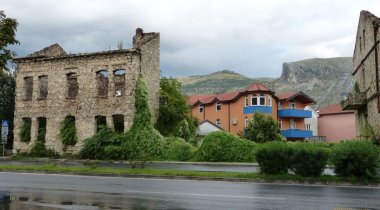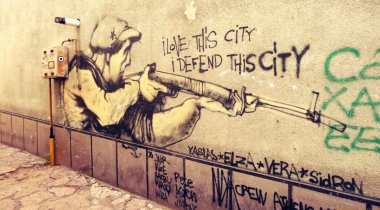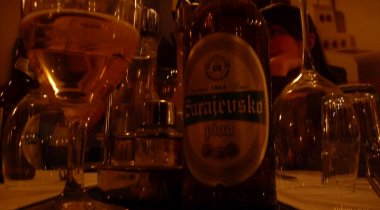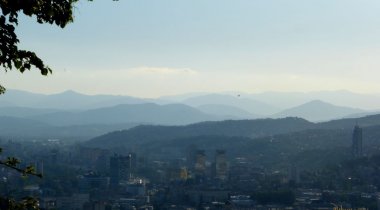For many, the bloody civil war in the nineties, which claimed more than 100,000 victims at the time, is the most prominent association as soon as it comes Bosnia-Herzegovina. The conflict has left behind a country that is still severely torn today. Poverty and corruption further exacerbate the situation. Still, the country has another side to it, combining impressive landscapes with a unique mixture of Ottoman and Austrian influences and warm hospitality.
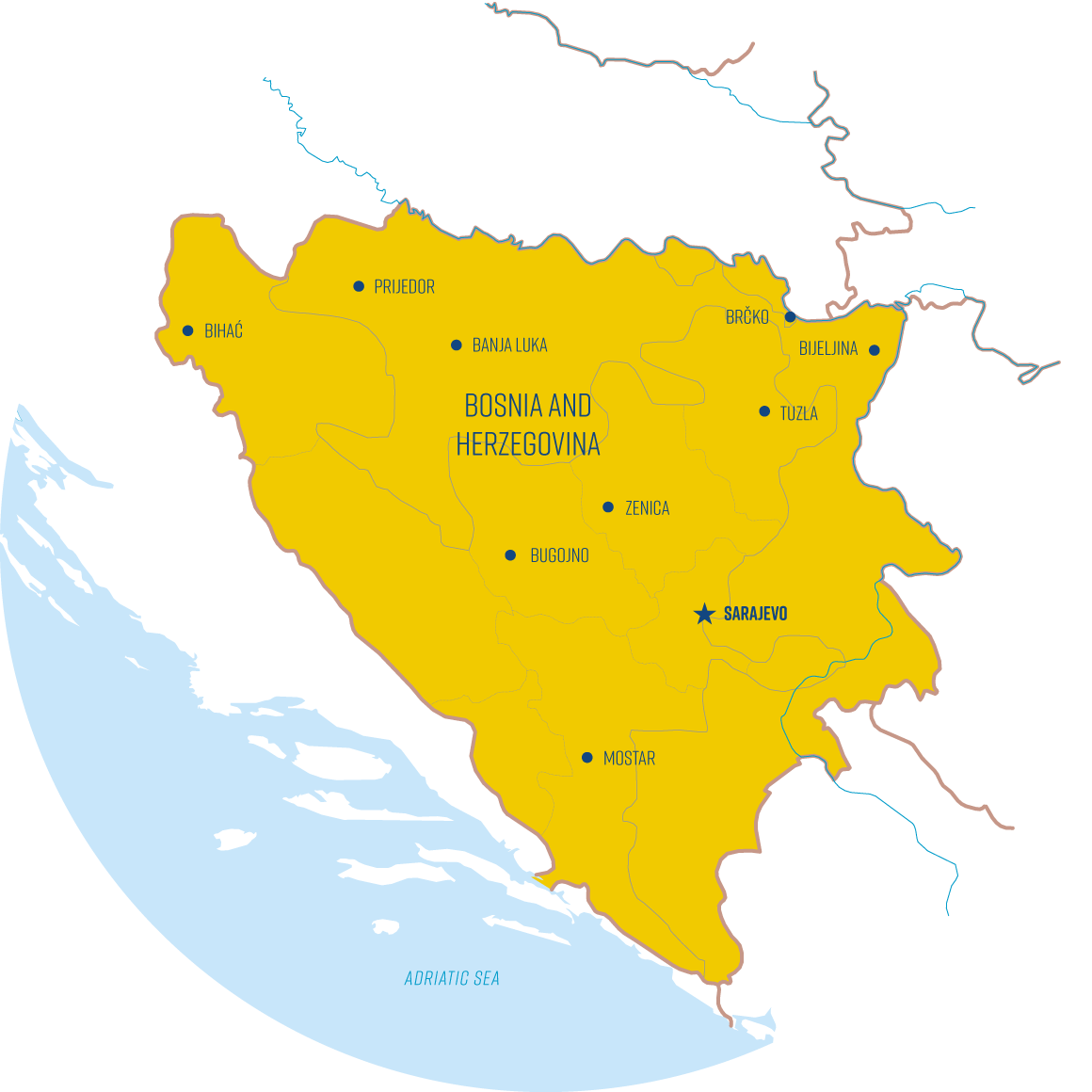
Even though Bosnia-Herzegovina in its present form only came into being under the 1995 Dayton Peace Agreement, it played an important role in the struggle of various major powers for supremacy in the Balkans for centuries. In the ancient world, parts of today's territory belonged to the Roman province of Dalmatia for a long period of time. After a few centuries of being in the middle of power plays between the Byzantine Empire and the Kingdom of Hungary, the territory was seized by the Ottoman Empire in 1463 which laid the foundation for a strong Muslim influence. The annexation by Austria-Hungary increased the western influence on the country once again.
The integration of this ethnic and religious melting pot, that had thus been created over the centuries, into the multi-ethnic state of Yugoslavia soon led to separatist efforts by different ethnic groups. The declaration of independence of Bosnia and Herzegovina finally caused this powder keg to explode and in consequence caused one of the bloodiest conflicts in Europe after the Second World War.
The civil war has deeply scarred the country to this day, and often the ethnic groups are still very distrustful of each other. Politicians like to instrumentalise these issues and there is still a strong sense of nationalism among the groups. The situation is further aggravated by corruption and poverty, while the political system with its complex structure is regarded as "the most complicated system of government in the world".
At the same time, however, reforms are taking place to intensify cooperation between the country's various groups, partly at the urging of the EU in the hope of gradual rapprochement and possible accession. Also, civil society initiatives are increasingly devoting themselves to a critical reappraisal of the country's bloody past and the opportunity for political dialogue.
Unsere Highlights
Sarajevo
For good reason also known as the "Jerusalem of the Balkans", the capital of Bosnia-Herzegovina has been a cultural and religious melting pot and symbol of peaceful coexistence for centuries. Evidence of this history can be found throughout the city, from the old town, which is largely Ottoman-influenced, with the Gazi-Husrev-Beg Mosque or the famous bazaar, to monuments of Austro-Hungarian origin such as Vijećnica - the former town hall - to traces of Jewish immigrants. However, the civil war also left its mark here: In the 1990s Sarajevo suffered a siege that lasted almost four years.
Mostar
Built by the Ottomans in the 16th century and destroyed during the Bosnian war, the bridge is one of the most famous landmarks and namesake of the city of Mostar at the same time. It spans the river Neretva and connects the Muslim and Catholic-Croatian parts of the medieval city, which was a frontline during the war. Although the separation of the city has formally been history for years, in practice it still exists - an expression of the still deep rifts between the different ethnic groups in the country.
Srebrenica
The name of this city is inseparably linked to the biggest massacre in Europe after the end of the Second World War, when 8000 Muslim men and boys were brutally murdered and buried in mass graves in front of the eyes of the world community. Visits at the Srebrenica Memorial Center and the former UN compound, as well as to the memorial for the victims of the genocide, provide an impressive picture of this horror.
Prijedor
In addition to its architecture, which like in Sarajevo has been subject to many different influences, Prijedor with its Omarska concentration camp is best known as another main scene of ethnic cleansing during the war. While talking to survivors gives a face to the horror, we also meet local human rights activists who critically examine history and encourage young people to get involved in politics.
Diverse Landscapes
Green forest landscapes and rugged mountains in Bosnia on the one hand and Herzegovina's proximity to the Croatian Mediterranean coast on the other give the country a great scenic variety and rugged beauty.


